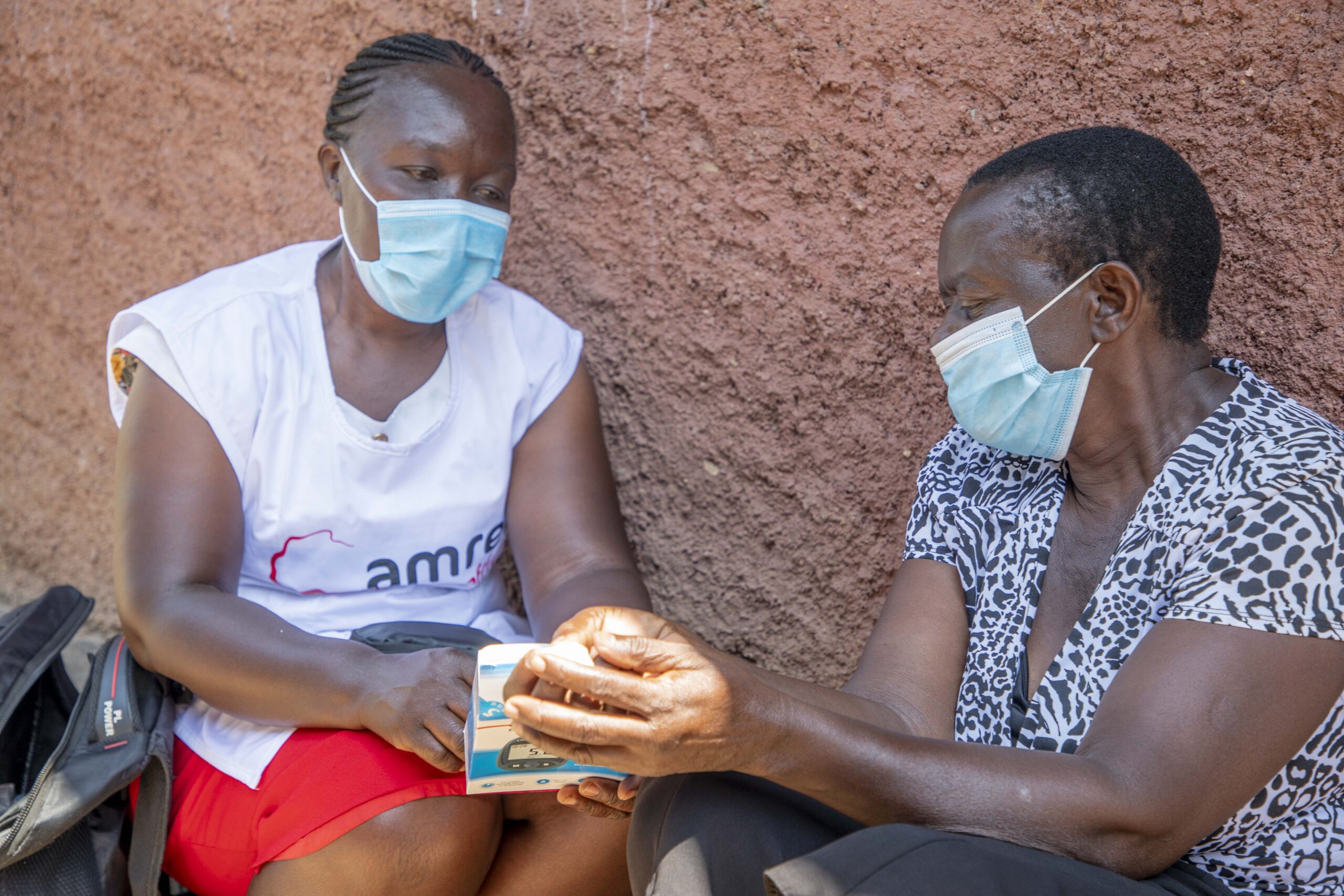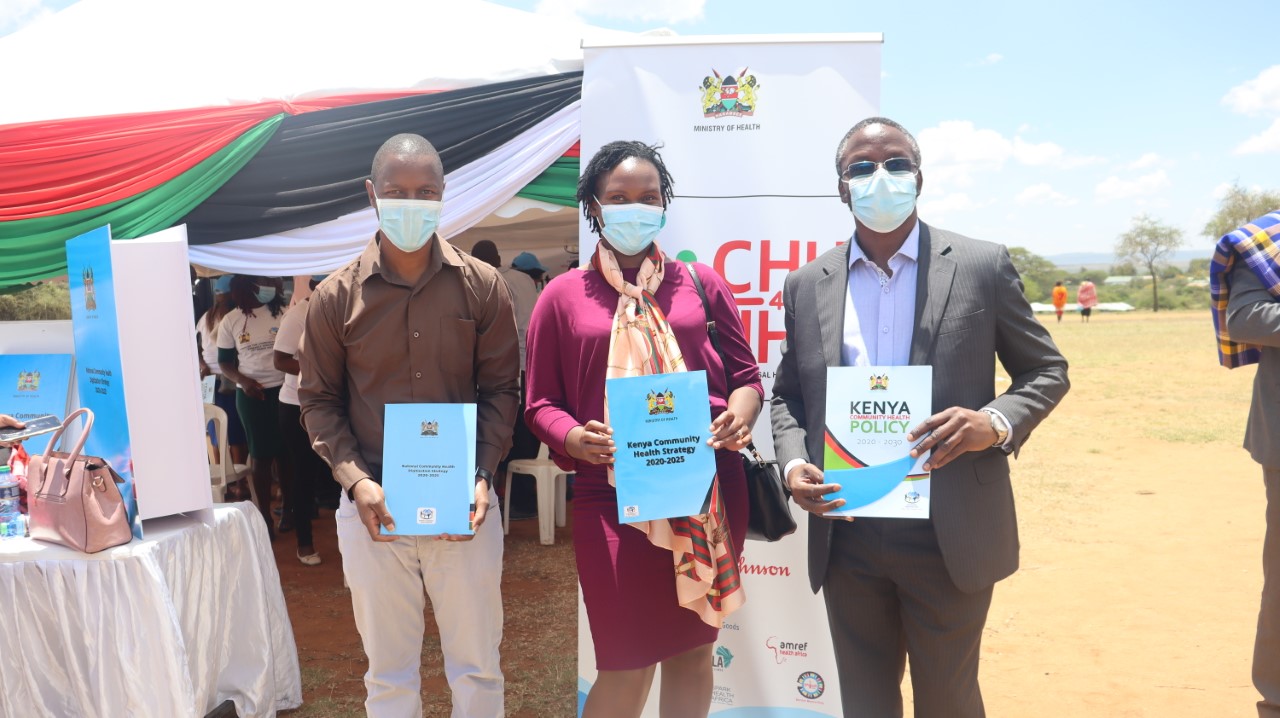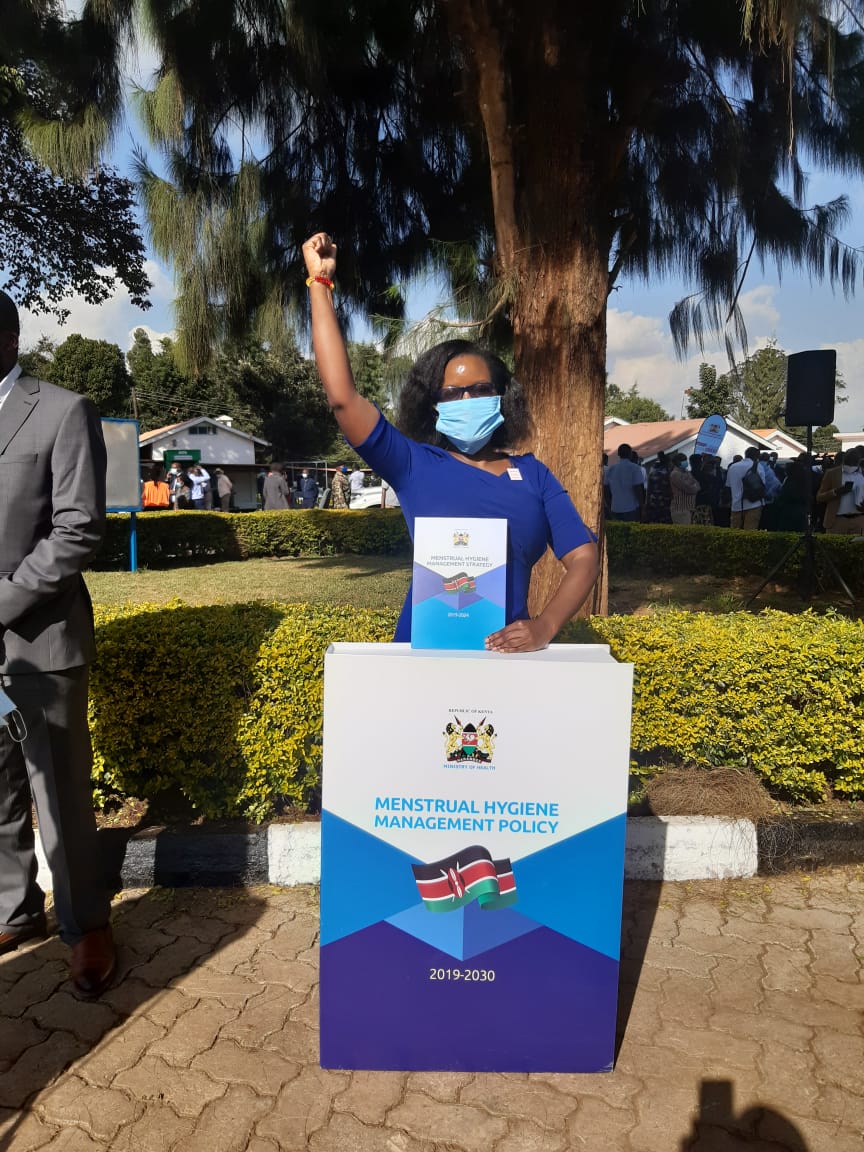Here’s to a Second Chance – Zahara’s Story
Tuesday, 10 September, 2019

Zahara, a 35-year-old resident of Bulla Takwa, Garissa County is a mother of four. In 2018, Zahara was pregnant with her fifth child. Her happiness was short-lived as she suffered a miscarriage, and she was diagnosed with obstetric fistula.
“After I lost my baby, my whole world shattered and I did not want to live anymore. I felt sharp pains and was leaking urine. I thought it was normal after the miscarriage. Later, the doctors revealed to me that I had fistula, which I did not know and had never heard of.”
Unable to do any type of house chores, her husband supported and stood by her.
“When I was diagnosed with fistula, I could not work to cater to my family’s needs. My husband has to work both day and night shifts as a guard. He is now the sole breadwinner of the family.”
The condition has brought an economic burden to her family. The little income that her husband earns cannot cater for everything. Most of the time, they are forced to depend on neighbours for food.
“My husband earns Kshs 7,000 per month; Kshs 4,000 is used to pay for house rent and 3,000 is left for other basic needs. We have two children in secondary school and two in primary school.”
Embarrassed, she did not dare attend family gatherings or social events for fear that others would speak badly of her because of her condition. Through word of mouth from a woman who had suffered fistula, Zahara learnt of free surgery available at Garissa County Referral Hospital with the support of Amref Health Africa.
Her surgery was successful and at the time of writing this story, she was recovering at Garissa County Referral Hospital. She is grateful that her injury is gone so she can now prepare to earn a living.
“I am grateful to the doctors and Amref for the free surgery. Now I can now interact in public. I could not have imagined that I would have a second chance to have my normal life back. Women with this condition should seek medical assistance and should not be ashamed about it because having this condition for long is painful.”
Obstetric Fistula is one of the most debilitating illnesses that affects women and girls in disadvantaged societies. Each year between 50,000 to 100,000 women worldwide are affected by obstetric fistula, an abnormal opening between a woman’s genital tract and urinary tract or rectum. The development of obstetric fistula is directly linked to maternal mortality, kidney disorders, skin infections and constant urinary incontinence which often leads to social isolation. It is estimated that more than 2 million young women live with untreated obstetric fistula in sub-Saharan Africa and Asia. Obstetric fistula is a preventable condition that can be largely avoided by; delaying the age of first pregnancy, cessation of harmful traditional practices and timely access to obstetric care. Through prevention and management of obstetric fistula, the Sustainable Development Goal 3 of improving maternal health is achieved[1].
Mr Galgallo Golicha, Safe Motherhood Project Officer at Amref Health Africa in Kenya says that the trend is going down due to the awareness and quality of gynaecological care. This enables health care providers to work more on prevention than on treatment.
The Kenyan government through the Ministry of Health and with the support of partners such as Amref Health Africa in Kenya is keen on eliminating and mitigating the effects of maternal ill health and death not just as a strategy to improve health, but to contribute to national development.
Amref Health Africa in Kenya continues to conduct outreach programmes through the Safe Motherhood Project funded by Global One, supporting primary health care in remote rural areas and strengthening referral systems thereby ensuring poor communities needing specialised health care have access to it.
Services provided by the Safe Motherhood Project to prevent maternal deaths and birth injuries include: improved reproductive health services and information using a human rights approach, care before, during and after child birth by skilled attendants, emergency obstetric care for life-threatening obstetric complications, reproductive health education and services for adolescents, and community education for women, their families and communities.
Amref Health Africa believes that greater and lasting impact will only be achieved through promoting a health systems approach to fistula management. To achieve this, it is critical to scale up integrated prevention interventions through increased utilisation and access to quality emergency obstetric care, community education and sensitisation to advocate for women’s health and rights to access care as needed, and reintegration of fistula champions back into the society.
[1] World Health Organisation (2018). 10 Facts on Obstetric Fistula. https://www.who.int/features/factfiles/obstetric_fistula/en/
Amref Health Africa teams up with African communities to create lasting health change.




